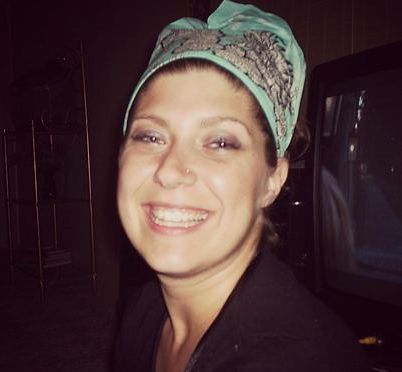
Anthropology, the study of humans, has been my passion for the past ten years. People are just fascinating, from the skin on our bodies and the bones within, to the cultural construct and how it came to be. The purpose of Anthropology is to better understand people, societies and the ebb and flow of mankind. Through the study of human beings, one can firmly grasp the interrelation of world affairs and what contributes to the societal flow, through Biology (Biological Anthropology), Language (Linguistics), Society (Culture) and History (Archaeology). None of the sub-fields stands alone. They are holistic in nature, and incorporate all aspects of human beings.
The classes I have constructed allow students to explore the fundamentals of each branch, including environmental and social world problems and multiculturalism, and to grow a deeper understanding of oneself in preparation for college. To allow for as much student interaction as possible, I built the classes to reflect interests relatable to young people and explored through familiar media such as TED Talks, PBS, and YouTube Videos. Readings include selections from a wide variety of sources, including magazines, academic journals, literature, and textbook excerpts. In the social sciences, one of the most important aspects of learning is discussion. All students will practice clearly expressing their thoughts and supporting their claims with data and evidence, eventually enabling them to discuss among themselves and explore their own ideas and belief systems with their peers (and my professional guidance) through thoughtful consideration and active listening. This approach elevates the output of the class from simple regurgitation of facts to the type of higher-order thinking required in college and desired in the workplace.
Anthropology endeavors to study all the things that make us quintessentially human, uncovering a world of nuance that students can fully explore at their leisure, following their specific interests and talents. In Forensic Anthropology, we will explore the world of Forensics, while using lab and scientific methodology to develop not only a better biological understanding of humans, but also to introduce students to related fields and careers, such as crime lab technicians, medical doctors, detectives and data researchers, just to name a few. Students will be hands-on in solving crimes using real-world scientific testing methods, such as blood splatter analysis and examining bone (osteology) and tooth (odontology) evidence.
The class I am most excited about is the Racial Studies class. Racial issues are extremely hot topics in the media and I find that teenagers and adults love to talk about it, but are unsure what information is correct and what is stereotypical or societally influenced. In our class, we will explore real-world issues that are not only interesting and topical, but encourage students to develop their own ideals that will guide them through their entire lives. We will learn about genetics, traipse through historically significant eras that aided in shaping our societies, and do hands-on projects to cement all that we learn.
If you have a student with interest in either medicine or veterinary science, Biological Anthropology is a great foundation for future learning. If your student loves different cultures, travel, and food, Anthropological Women’s Studies and Middle Eastern Cultural Studies will be enjoyable, unforgettable experiences. We’ll explore the experiences of others through journals, documentaries, presentations, biographies, and textbooks, and compare and contrast them with our own experiences through an open forum of discussion and interaction. Anthropology allows one to explore the world in which they live, whether on a micro level through topics such as Urban Studies, or on a global level. The world is an open place once you learn where to start.
